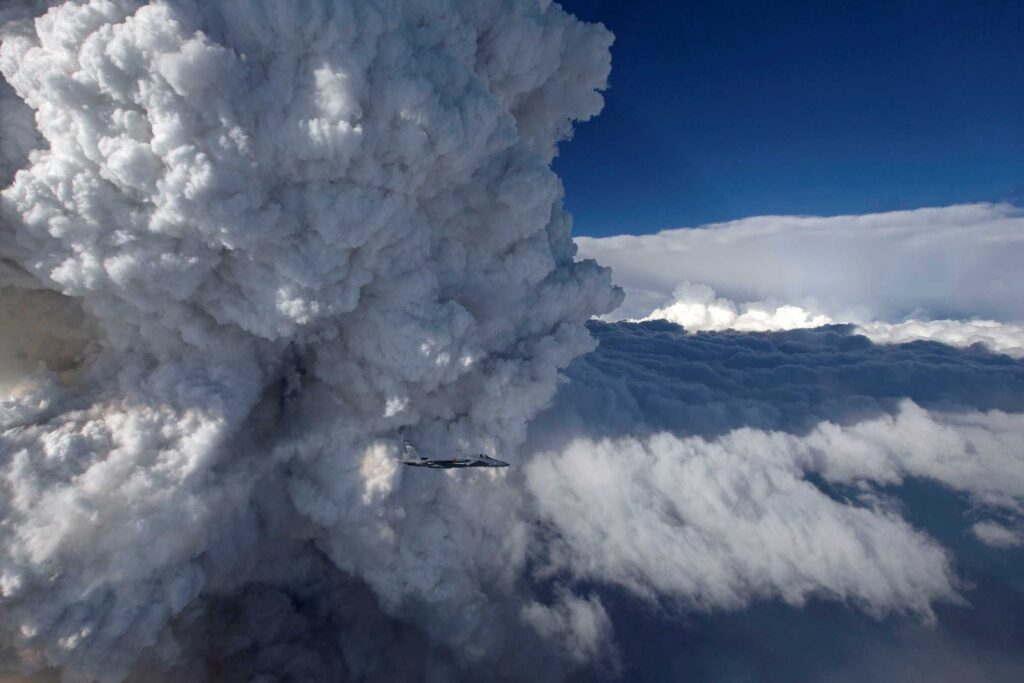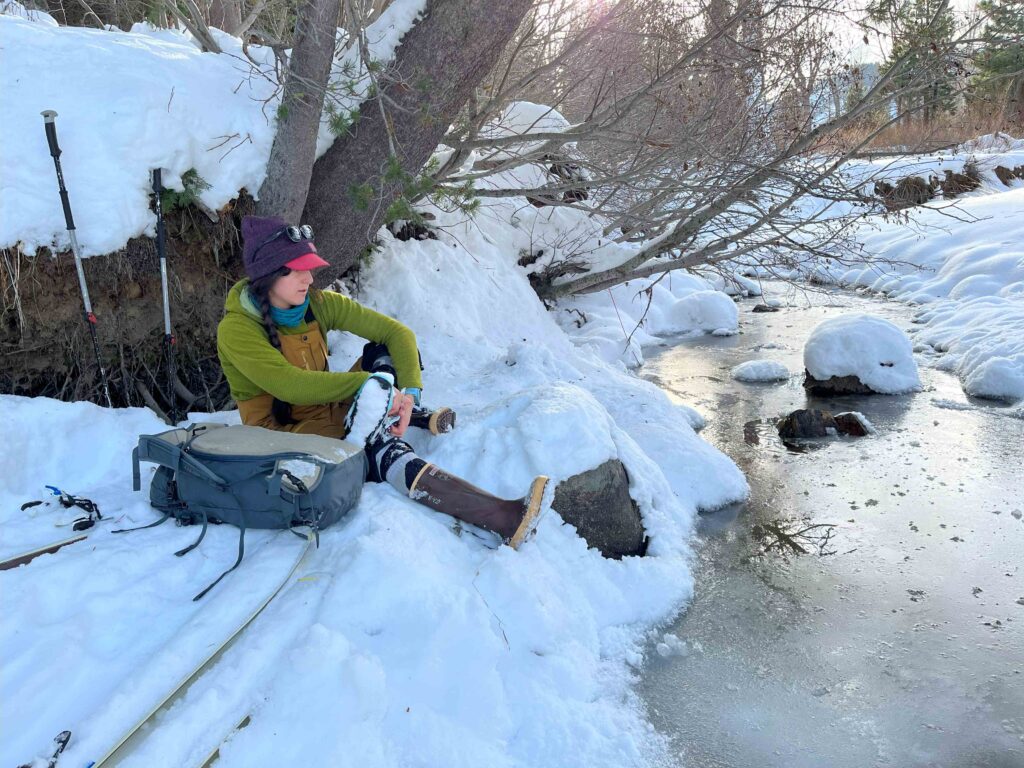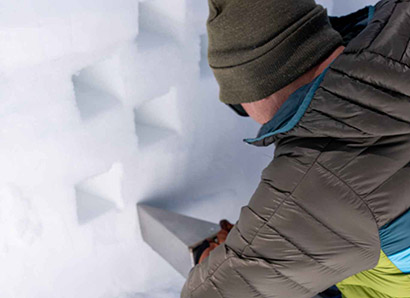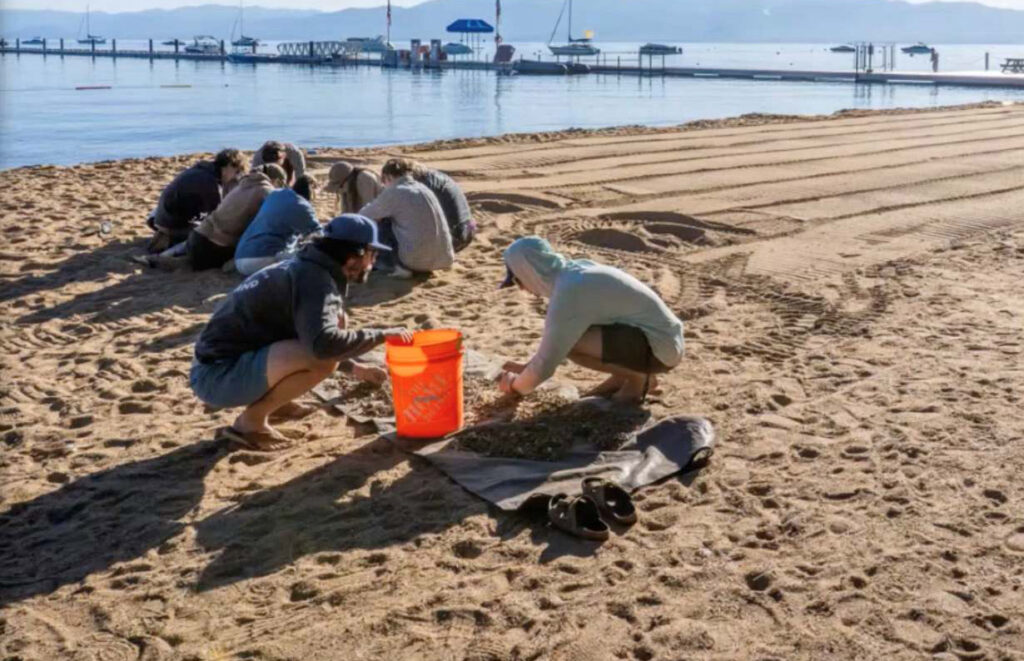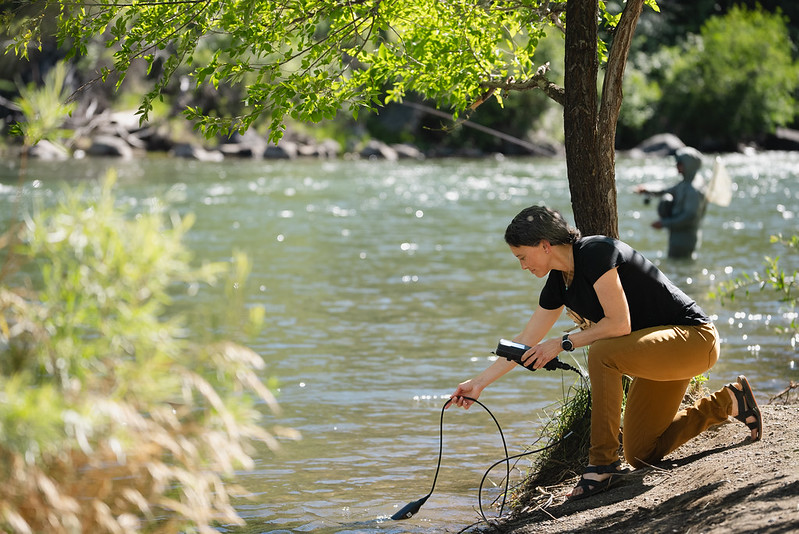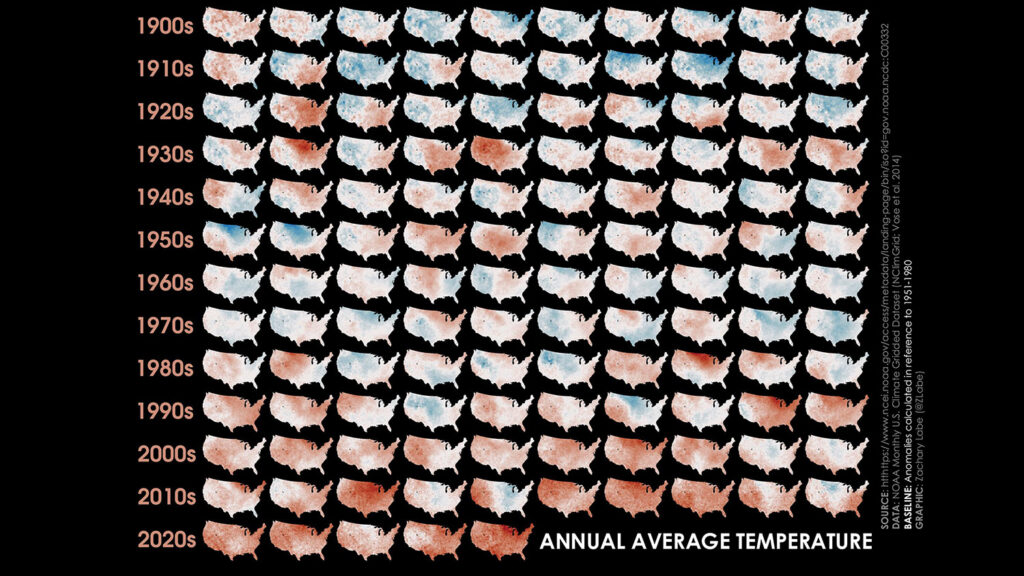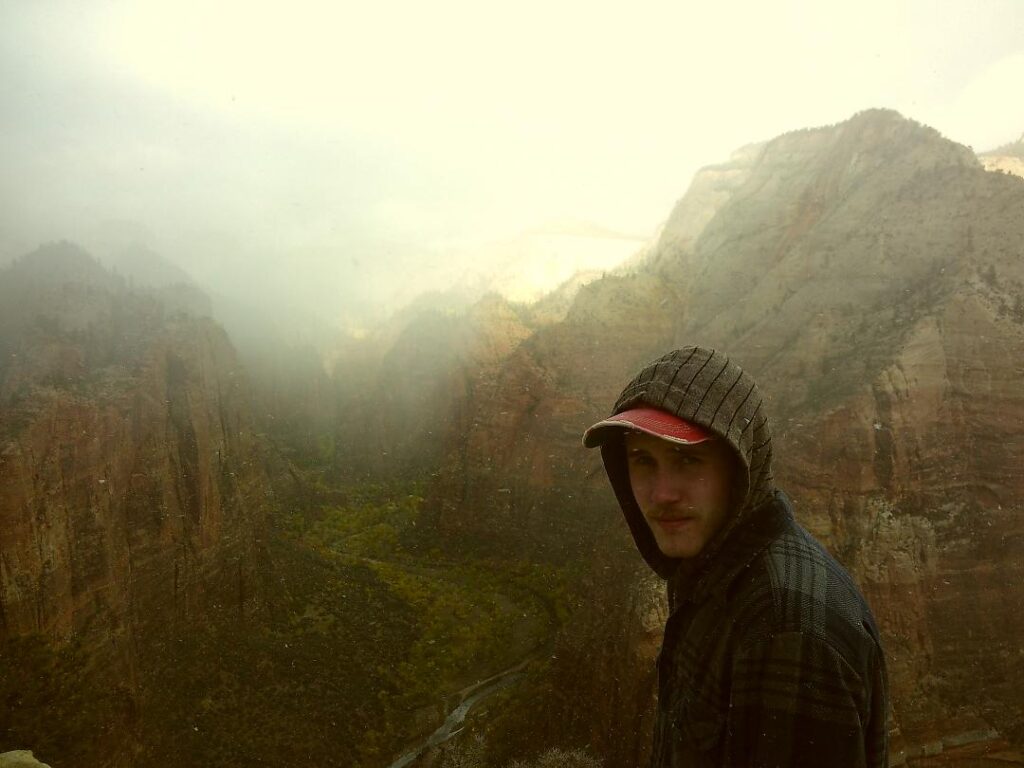DRI Recognizes Ashley Cornish as the 2025 Peter B. Wagner Memorial Award Winner for Women in Atmospheric Sciences
DRI is pleased to announce that the 27th annual Peter B. Wagner Memorial Award for Women in Atmospheric Sciences has been awarded to Ashley Cornish of the University of Georgia. The Peter B. Wagner Memorial Award for Women in Atmospheric Sciences is an annual competition recognizing the published works of women pursuing a master’s or Ph.D. in the atmospheric sciences or any related program at a university in the United States. The award is presented to women graduate students with outstanding academic publications and includes a $1,500 prize. This award has been presented annually by DRI since 1998 and is the only such honor designated for graduate women in the atmospheric sciences in the United States.

